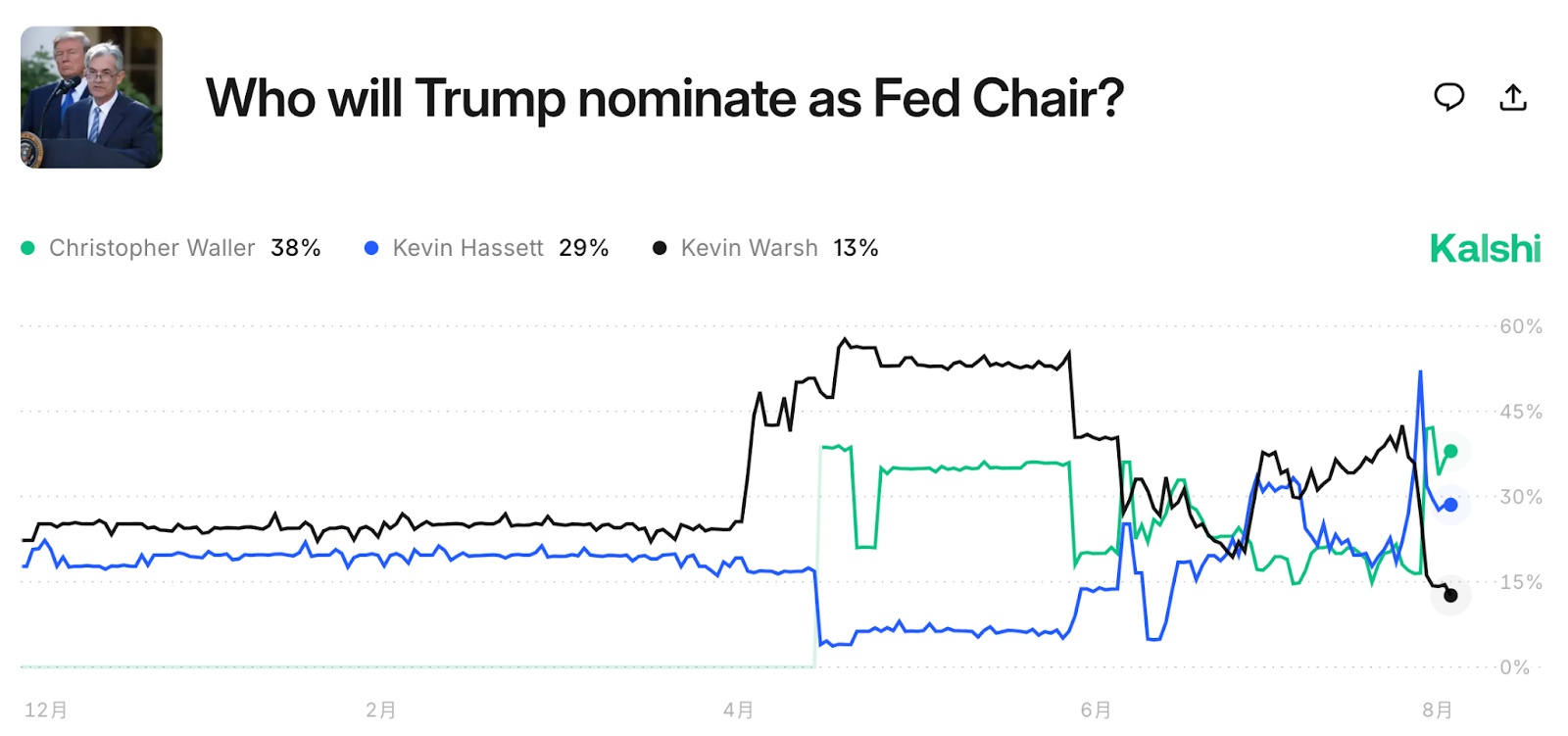Bessent on the Fed’s Future Leadership: Waller Emerges as the Quiet Frontrunner

TradingKey - U.S. Treasury Secretary Scott Bessent recently laid out clear criteria for the next Federal Reserve Chair — a statement that not only reveals the Trump administration’s strategic vision for the central bank but is widely interpreted by markets as an implicit endorsement of current Fed Governor Christopher Waller.
Bessent stressed that the next Fed Chair must be a leader capable of “examining the entire institution,” with a primary mission to redefine the central bank’s scope of authority. He argued that the Fed’s recent expansion into areas like climate risk and broad financial oversight has encroached on its core mandate and undermined its policy independence. This aligns with the White House’s push for the Fed to “depoliticize” and return to its foundational role — suggesting a future where the central bank’s regulatory reach may be scaled back, focusing strictly on monetary policy and financial stability.
More significantly, Bessent emphasized that the new Chair must possess a “highly forward-thinking mindset,” with policy decisions driven by forward-looking economic projections rather than “reliance on historical data.” This is a direct critique of the Fed’s current data-dependent framework and an indirect rebuke of Chair Jerome Powell’s delayed response to inflationary pressures in 2022–2023.
Market observers believe Bessent’s comments go beyond general commentary — they amount to a de facto “profile” for the next Fed Chair. Among potential candidates, Christopher Waller stands out as the closest match. Known for his consistent advocacy of forward guidance, rule-based policy, and resistance to mission creep, Waller has built a reputation as a pure monetary economist — making him the ideal fit for the leadership model Bessent described.
This public framing may not be coincidental. By setting these criteria now, the administration could be laying the groundwork for Waller’s candidacy, bolstering his political credibility ahead of the 2026 leadership transition.

Source: Kalshi
Additionally, Bessent reaffirmed that a “strong dollar” should stem from robust economic fundamentals — not direct currency intervention — and praised the Bank of Japan’s focus on achieving inflation targets, further underscoring his preference for macroeconomic governance grounded in tangible outcomes.
As Powell’s term nears its end, Bessent’s remarks signal that the White House is no longer waiting passively — it is actively shaping the future identity of the Federal Reserve. The battle over the next Fed Chair is not just about personnel. It is a contest over the very philosophy of monetary policy.







